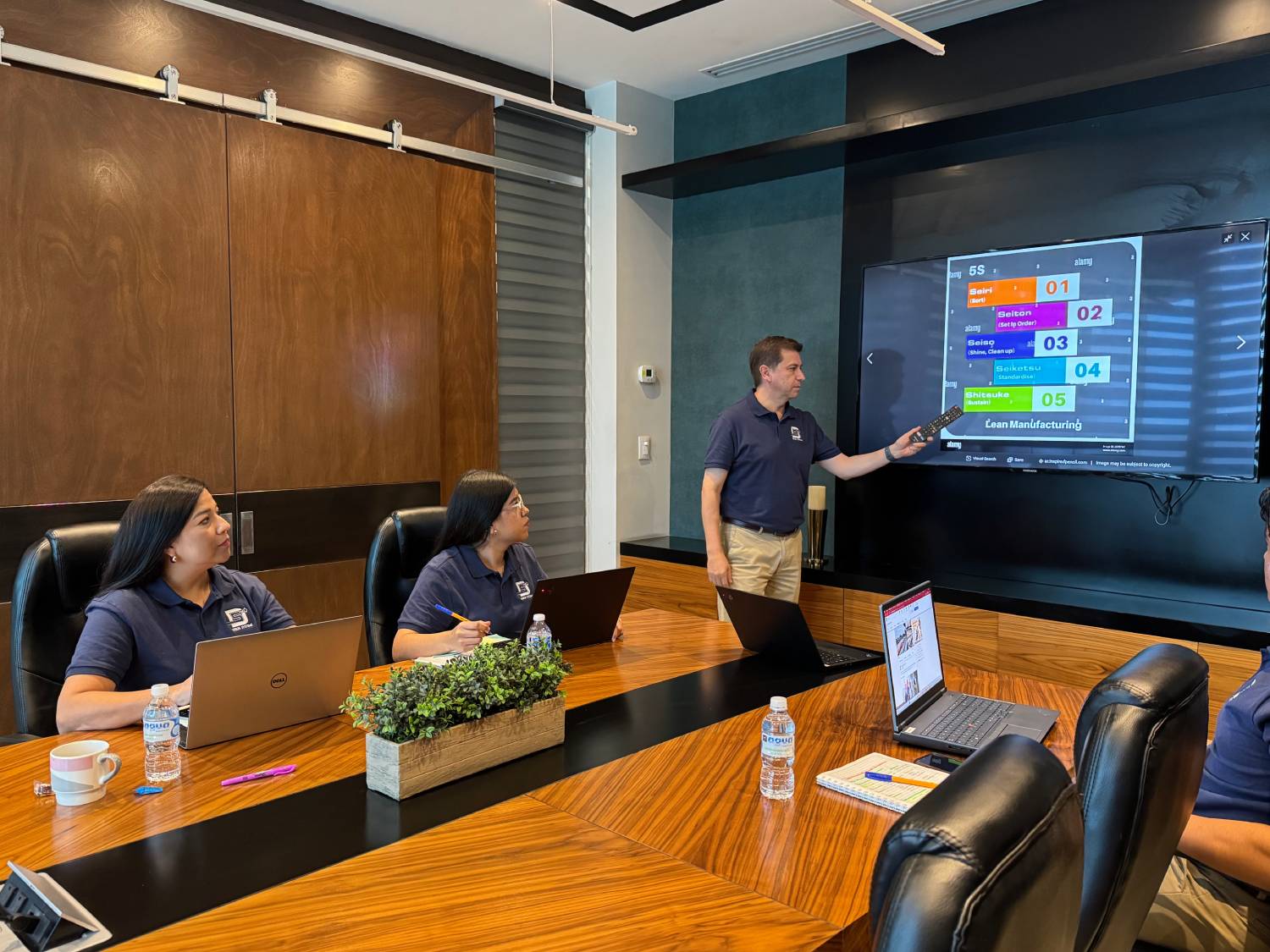
Solving Complex Design Challenges with Finite Element Analysis (FEA)
July 9, 2025In today's global economy, manufacturers are under intense pressure to deliver products that are lighter, stronger, and more efficient, all while accelerating their speed-to-market. This reality is especially true for the highly competitive Mexico manufacturing industry, a critical hub for global automotive, aerospace, and consumer goods production.
This raises a central challenge: how can companies innovate with confidence and guarantee product integrity without getting caught in slow, expensive cycles of physical prototyping and testing?
The answer lies in powerful computational methods. Finite element analysis (FEA) is a transformative tool that provides clear, predictive insights into a product's performance, allowing engineers to solve complex problems before any physical parts are ever created.
What is Finite Element Analysis, in Simple Terms?
Think of finite element analysis as a virtual testing ground for real-world conditions. The process works by taking a complex 3D design and digitally breaking it down into thousands of smaller, simpler pieces, or elements.
By applying virtual forces—such as mechanical stress, vibration, or heat—to this digital model, engineers can accurately predict how the actual product will behave in its intended environment. It allows them to see where a part might bend, break, or wear out, all from a computer screen.
Solving Real-World Problems with Virtual Solutions
The true value of FEA is how it directly addresses the core challenges that manufacturers face every day. It moves product development from a process of trial-and-error to one of predictive accuracy.
Improving Product Reliability and Performance: By simulating real-world forces, finite element analysis identifies potential weak spots, stress concentrations, and failure points early in the design phase. This virtual foresight allows engineers to reinforce critical areas and optimize the product’s geometry for maximum durability. The result is a more robust, reliable, and higher-performing final product that builds customer trust and reduces warranty claims.
Reducing Development Costs and Timelines: Creating and testing physical prototypes is a significant investment of both time and money. FEA dramatically reduces the need for multiple physical iterations by allowing engineers to test and refine designs digitally. This streamlined process cuts material waste, shortens the overall development cycle, and significantly lowers project costs, providing a direct and measurable return on investment.
Enabling Innovation with Advanced Materials: FEA empowers engineers to confidently experiment with new and advanced materials, such as lightweight composites or specialized alloys. They can virtually test the performance of these materials under various load conditions, a process that would be prohibitively expensive and time-consuming to conduct with physical prototypes alone. This capability is essential for staying ahead of the competition.
Why FEA is a Competitive Advantage in Mexico
This technology is particularly crucial for the key sectors that drive the manufacturing industry in Mexico. In the automotive sector, FEA is essential for optimizing designs for crash safety and for lightweighting components for electric vehicles. In aerospace, it is used to ensure the structural integrity of critical parts that are subjected to extreme stress and vibration.
Furthermore, for an export-focused economy, proving product quality is non-negotiable. Using finite element analysis provides the documented evidence and engineering confidence that products meet and exceed the rigorous international standards required by global customers.
Partnering with Experts for Predictive Accuracy
Successfully leveraging FEA requires more than just software; it demands deep engineering expertise. At Design Systems de Mexico (DSM), we use advanced finite element analysis tools to create precise computational models that go beyond simple pass/fail results. Our detailed assessments provide actionable recommendations to improve your design and optimize its performance.
By working with a firm that has a deep knowledge of the manufacturing industry in Mexico, you gain a significant advantage. Our local teams in Saltillo and Queretaro provide seamless support and a practical understanding of your unique operational environment.
Building Better Products Through Virtual Validation
In a competitive global market, the companies that succeed are those that can innovate faster and more reliably than their peers. Finite element analysis is no longer a niche tool but an essential part of the modern product development process. It enables smarter design decisions, reduces risk, and accelerates innovation. By embracing virtual testing, you can achieve real-world excellence and lasting profitability.
Are you facing a complex design challenge?
Contact Design Systems de Mexico today to learn how our finite element analysis services can help you build a more reliable product, faster.